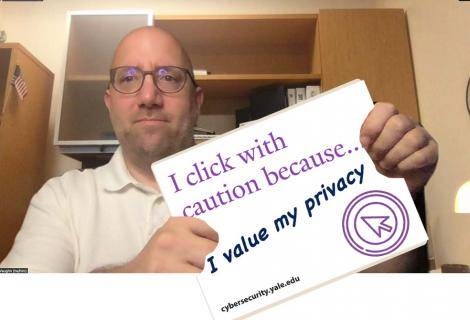"Click with Caution: Types of Links to Avoid on the
Internet"
When browsing the internet, it is important to exercise
caution and be wary of clicking on certain types of links to protect yourself
from potential threats. Here are some types of links that you should avoid
clicking:
Suspicious or Unknown Links: If you receive an email,
message, or encounter a link on a website from an unknown or suspicious source,
it's best to avoid clicking on it. These links may lead to malicious websites
or initiate unauthorized downloads.
Phishing Links: Phishing links are designed to deceive users
into providing sensitive information or login credentials. These links often
mimic legitimate websites or services and aim to trick users into revealing
personal data.
Shortened URLs: Shortened URLs, often used for
character-limited platforms like social media or messaging services, can hide
the actual destination of a link. Hackers or scammers may use shortened URLs to
mask malicious websites or malware
Misleading Advertisements: Be cautious of clicking on
advertisements that appear suspicious, misleading, or overly enticing. Some
advertisements may redirect you to malicious websites or initiate unwanted
downloads. Stick to trusted sources and ad-blocking tools to minimize the risk
of encountering such ads.
Pop-up Windows: Pop-up windows can sometimes be used to
trick users into clicking on harmful links or unknowingly initiating downloads.
It is advisable to use a pop-up blocker and be cautious of unexpected pop-ups,
especially those that ask for personal information or offer questionable deals.
Links in Untrusted Websites or Forums: Exercise caution when clicking on links posted in untrusted websites or online forums. These links may lead to malicious websites or initiate downloads that can compromise your system's security.
It is important to maintain a healthy level of skepticism
and practice safe browsing habits. Implementing security measures such as using
reputable antivirus software, keeping your operating system and applications up
to date, and using a secure web browser can further protect you from potential
threats associated with clicking on malicious links.




No comments yet
Be the first to share your thoughts!